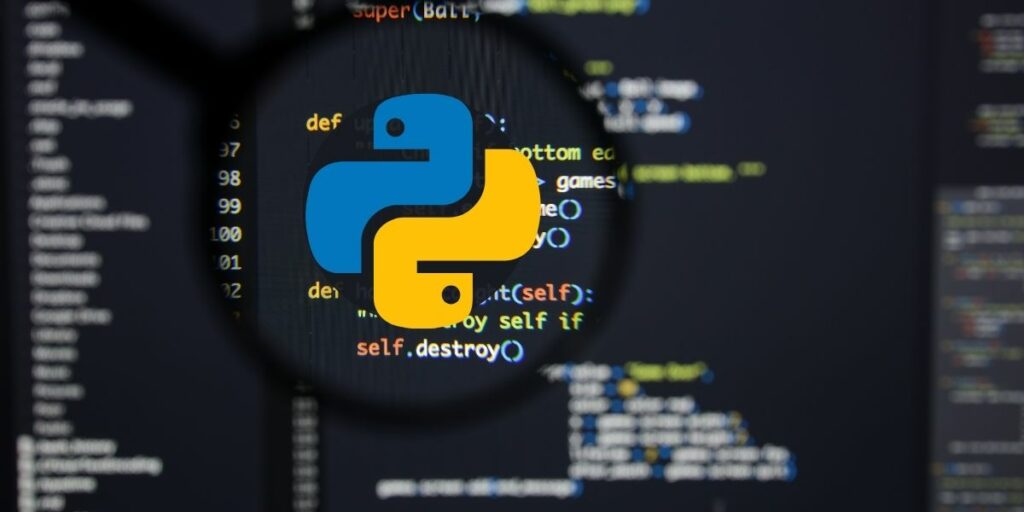
How to check installed version of scikit-learn
Scikit-learn is a powerful library for machine learning in Python. It’s common to check the version of scikit-learn that’s currently installed to ensure compatibility with other packages or to make sure you have the latest features.
One way to check the version of scikit-learn that’s installed is by using the command line. Open up the command prompt or terminal and type “pip show scikit-learn” (without quotes). This will show you the details of the package including the version number.
Another way to check the version of scikit-learn is by using Python code. Import the library and use the function sklearn.version. This will print the version of scikit-learn that is currently installed.
It’s also possible to check the version of scikit-learn by opening the Python environment and typing import sklearn; sklearn.version.
In summary, there are several ways to check the version of scikit-learn that’s installed on your system. One way is to use the command line by typing “pip show scikit-learn” in the terminal or command prompt. Another way is by using Python code by importing the library and using the function sklearn.version. Lastly, you can check the version by opening the Python environment and typing import sklearn; sklearn.version.
In this Applied Machine Learning Recipe, the reader will learn: How to check installed version of scikit-learn.
Essential Gigs
For only $50, Nilimesh will develop time series forecasting model for you using python or r. | Note: please contact me…www.fiverr.com
For only $50, Nilimesh will do your data analytics and econometrics projects in python. | Note: please contact me…www.fiverr.com
For only $50, Nilimesh will do your machine learning and data science projects in python. | Note: please contact me…www.fiverr.com
For only $50, Nilimesh will do your gis and spatial programming projects in python. | Note: please contact me before…www.fiverr.com